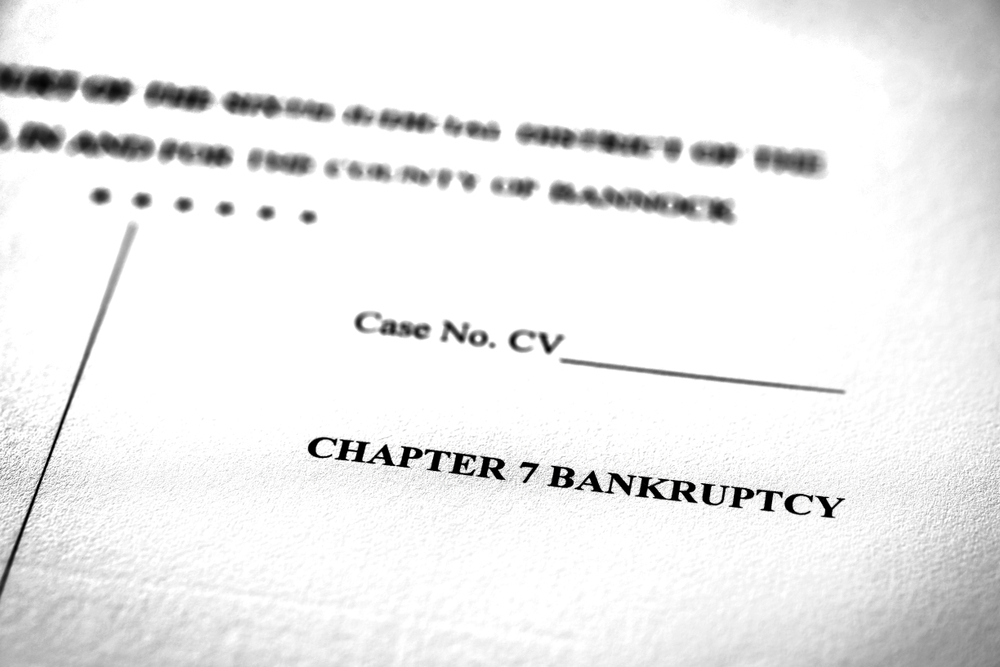Could Filing Bankruptcy Before Filing Taxes Make Me Not Pay This Year?

Filing for bankruptcy can be devastating and confusing all at once. Depending on the type of bankruptcy you file, it may be necessary to turn over all of your assets to the trustee appointed by the court as a payment to your creditors. Richmond bankruptcy lawyers at Canfield Wells can help you understand how bankruptcy laws work in relation to taxes.
Chapter 7 vs. Chapter 13 Bankruptcy
Chapter 7 bankruptcy is a declaration of total insolvency. The applicant must reveal all of his assets during the process but may not have to liquidate everything. Richmond bankruptcy lawyers are instrumental in helping consumers keep assets such as their homes and vehicles during Chapter 7 bankruptcy.
Those who are not willing to face total liquidation may pursue Chapter 13 bankruptcy. This process acts more as a repayment plan as applicants are given the opportunity to propose monthly payment terms to satisfy their creditors.
Do I have to pay taxes after filing for bankruptcy?
An automatic stay is initiated the moment that an individual successfully files for bankruptcy. The automatic stay means that creditors, including the government, cannot collect on unpaid debt.
You may not have to pay on new tax balances if you file for taxes after filing for bankruptcy. It is important, however, to contact your lawyer at Canfield Wells to fully understand your obligations when filing for bankruptcy while owing taxes. An attorney can thoroughly explain the process to you so that there are no discrepancies if you decide to declare insolvency.
When should you contact a bankruptcy attorney?
It is important to call a bankruptcy lawyer the moment that you believe insolvency is the right choice. An attorney can help you avoid the pitfalls that some consumers go through when trying to file for bankruptcy on their own. Call Canfield Wells today to schedule a consultation.
